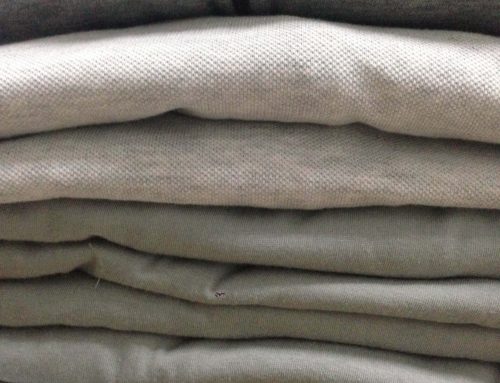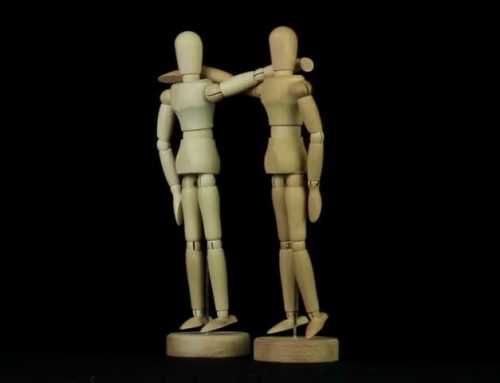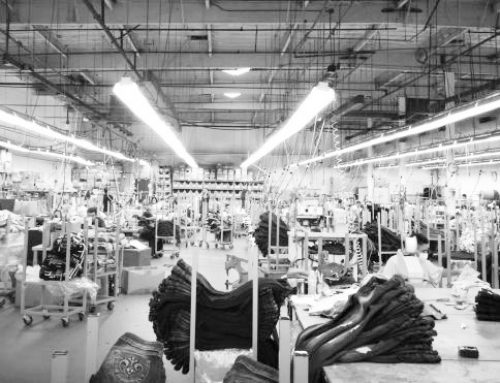Selecting the right fabric is an important element for any designer. What are the advantageous and disadvantages between different fabric? It is a key component to making any piece of clothing. For Clothing Manufacturing Agent Bali this stands true as well. Making sure the fabric has the right feel and flow is key.
How to Select The Right Fabric
After doing research we found some advantageous and disadvantages for using a variety of fabrics including Bamboo, Cotton, Hemp, Linen and Rayon.
Bamboo: Is it the Right Fabric?
Advantages
- Bamboo fabric is so soft that is has even been compared to the feeling of silk.
- Bamboo fabric is naturally wicking – it pulls moisture away from the body. It allows for the evaporation of sweat easily and also drys quickly.
- Bamboo fabric has natural thermal controls so it allows your skin to breath in hot climates – or keeps you warmer in cool climates better than other fabric options.
- As a natural fibre, bamboo fabric has an anti-bacterial quality that does not allow bacteria to grow so it will stay smelling fresher longer.
- Bamboo fabric is perfect if you have skin sensitivities or allergies. It is also anti-fungal.
- Bamboo fabric is 100% biodegradable which is more environmentally sound. You can place it in a compost and have it produce something else rather then ending up in a landfill.
- Bamboo is the worlds fastest growing tree and thrives on sloped hilly areas where it is difficult for other plant and tree life to grow. It doesn’t require pesticides or fertilizers of any kind, the growth is rapid. It only takes its water needs from rain fall.
Disadvantages
- Most Bamboo fabric in the world is made in a chemical process that is highly toxic to our environment, some closed-loop options are available but too much “green-washing” in the way it’s marketed.
- Bamboo fabric may require special laundering as it is prone to shirking more so that a fabric such as cotton.
- It tends to wrinkle more than other fabrics so depending on the design of the garment, it may not be the right choice.
Cotton: Is it the Right Fabric?
Advantages
- Cotton fabric is durable. It allows for many washing while still maintaining its fibres, cotton is a strong fibre.
- Cotton fabric is preferred choice depending on the garment for its softens.
- Cotton fabric is hypoallergenic so for people with sensitivities or allergies; it will not have an adverse affect.
- Cotton fabric is breathable so will keep you cool in warm weather and warm in cool weather.
Disadvantages
- It absorbs moisture which can cause the fabric hold smells of body odours over time even after washings.
- Cotton fabric tend to crease easily so extra time in the laundering process including ironing is necessary.
- Colour dyed into cotton fabric does not hold well after washing and fades quickly.
- Cotton also shrinks considerably after washing. It is also prone to pilling.
- Cotton is considered a “green fabric” as it is natural yet it is one of the most unfriendly crops grown. The use of chemicals is often present even in “organic cotton” farms. 2/3’s of the world pesticide use goes to the farming of cotton crops.
Hemp: Is it the Right Fabric?
Advantages
- Hemp fabric is extremely durable. Because of this the fibres do not break down easily and clothing will last much longer.
- Hemp fibres have an open cell structure which allows the fabric to breath and keep you cool in warmer climates. In cooler weather, the open cells act as an insulator.
- Clothing made from hemp fabric does not stretch out like other fabrics. It holds its shape very well.
- Hemp crops are usually grown in a rotation cycle with soybean or wheat crops. The hemp plant has strong deep roots which kill off bacteria allowing the soybean or wheat crops to produce a better yield. As a result the hemp crops ability to kill of bacteria allow for a reduction in the need for pesticides being used in the growth cycles of the soybean and wheat.
- Hemp fabric is eco-friendly.
- Hemp is fully sustainable and grows naturally without pesticides or fertilizers, all if needs is rain fall.
Disadvantages
- Hemp fabric requires a few washes before it feels comfortable on the skin as it is a course fibre. This “pre washing” process is done in the factory before it is manufactured into clothing and many chemical softener agents as used.
Linen: Is it the Right Fabric?
Advantages
- Linen fabric is produced from the flax fibre which is known for its strength and durability.
- Linen fabric absorbs moisture keeping you cool in warm and humid climates. It does not cling to the skin.
- Linen clothing is easy to care for and clean when washed in soft water.
- Linen fabric holds its shape very well and does not stretch.
- Linen fabric has a soft smooth texture so is very comfortable to wear.
Disadvantages
- Linen fabric creases and wrinkles easily.
- The cost of linen fabric is higher than many others.
- Linen can lose its look and appeal if washed in hard water as it will give it a rougher unkept look.
Rayon: Is it the Right Fabric?
Advantages
- Rayon fabric is a moisture absorbent fibre which allows it to breath. This also allows in to not cling to the skin or build up static.
- Rayon fabric is soft and comfortable to wear similar to cotton.
- Rayon is easy to dye in many different colours making if very versatile in addition to its ability to blend well with other fabric.
Disadvantages
- Rayon requires ironing as it is prone to wrinkles but mixing the rayon fabric with another may help reduce this.
- Rayon fabric dyed in colour may fade over time.
- Dry cleaning is the best form of clothing care as viscose rayon fabric has a low wet strength causing it to stretch or shrink. Conventional washing is possible with polynosic rayon but sometimes clothing care labels do not differentiate.
- Rayon fabric clothing may become limp or lose its shape and body overtime.
No matter what you choose, it needs to be the right fabric which can all depend on the design and feel you are trying to get from the piece you are creating. If you don’t get this element right, no matter how amazing the design is; it might just not do it justice!
Clothing Manufacturing Agent Bali can help you source all the materials you will need to make your garments right.



